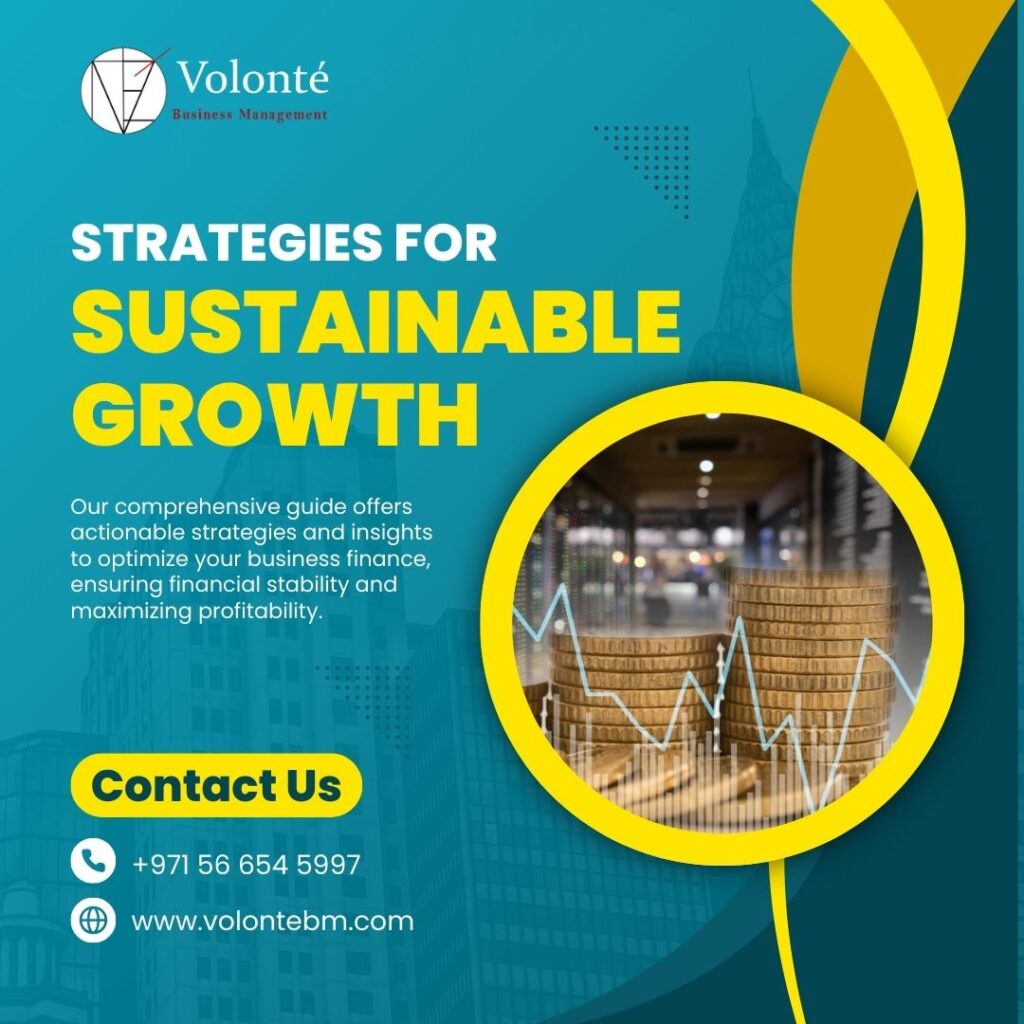In the dynamic world of startups, sustainable business growth is more than just a buzzword; it’s the ultimate goal. However, achieving this requires more than enthusiasm—it demands meticulous planning, sound financial management, and rigorous growth strategy validation. Whether you’re in the initial stages of your venture or scaling operations, understanding these key elements is crucial to ensuring long-term success.
The Role of Growth Strategy Validation in Business Success
A growth strategy validation process ensures that your plans are not only ambitious but also realistic and actionable. Without this critical step, even the most innovative ideas can falter due to unforeseen challenges. By validating your strategy, you align your goals with market conditions, customer needs, and internal capabilities.
Steps for Effective Growth Strategy Validation:
- Market Analysis: Assess the demand for your product or service.
- Competitive Benchmarking: Understand how you compare to competitors.
- Feasibility Testing: Evaluate whether your resources can support your goals.
- Customer Feedback: Gather insights to refine your approach.
Growth strategy validation is not a one-time task—it’s an ongoing process. Regularly revisiting and refining your strategy ensures that your business remains agile and responsive to changes.
Startup Financial Management: Building a Strong Foundation
Financial management is the backbone of any successful startup. Poor financial planning can lead to cash flow problems, resource misallocation, and ultimately, business failure. Mastering startup financial management enables founders to make informed decisions, maintain stability, and invest wisely for growth.
Key Principles of Startup Financial Management:
- Cash Flow Monitoring: Regularly track your income and expenses to avoid shortfalls.
- Budgeting: Allocate funds strategically to prioritize high-impact areas.
- Revenue Diversification: Explore multiple income streams to reduce risk.
- Cost Control: Identify areas where you can reduce expenses without compromising quality.
Sound financial management not only supports daily operations but also strengthens your ability to scale effectively, paving the way for sustainable business growth.
Sustainable Business Growth: The Long-Term Vision
Startups often focus on rapid expansion, but true success lies in achieving sustainable business growth. This means growing at a pace that your operations, finances, and market can support, ensuring longevity and resilience.
Pillars of Sustainable Business Growth:
- Scalable Operations: Build systems and processes that can handle increased demand.
- Customer Retention: Focus on long-term relationships rather than one-time sales.
- Innovation: Continuously improve your offerings to stay relevant in the market.
- Ethical Practices: Incorporate environmental, social, and governance (ESG) principles to build trust and loyalty.
By balancing ambition with practicality, sustainable growth ensures that your startup thrives in the long term, not just in the short term.
Aligning Strategy, Finance, and Sustainability
To achieve lasting success, startups need to align their growth strategy validation, startup financial management, and sustainable business growth efforts. Here’s how these elements work together:
– Validated Growth Strategies Drive Financial Decisions: A well-validated strategy provides a clear roadmap, enabling precise financial planning and resource allocation.
– Financial Stability Supports Sustainability: Strong financial management ensures you have the resources to invest in sustainable practices and scalable operations.
– Sustainability Enhances Strategy and Financial Outcomes: Building a sustainable business attracts loyal customers and investors, fueling both strategic and financial growth.
Practical Tips for Startups
- Invest in Financial Tools: Use software to automate budgeting, forecasting, and cash flow monitoring.
- Test and Iterate Your Strategies: Continuously refine your approach based on data and feedback.
- Balance Growth and Stability: Avoid overextending your resources in pursuit of rapid expansion.
- Engage Experts: Consider consulting with professionals for growth strategy validation and financial planning.
The Competitive Advantage of a Holistic Approach
Startups that integrate growth strategy validation, startup financial management, and sustainable business growth gain a significant edge over their competitors. They are better equipped to navigate challenges, adapt to market changes, and build lasting success.
Conclusion
Achieving sustainable business growth is not about shortcuts or quick wins—it’s about laying a solid foundation through growth strategy validation and effective startup financial management. By aligning your strategies, finances, and sustainability goals, you create a business that not only grows but thrives.
Take the time to validate your strategy, manage your finances prudently, and prioritize sustainable practices. With this holistic approach, your startup will be well on its way to long-term success.


